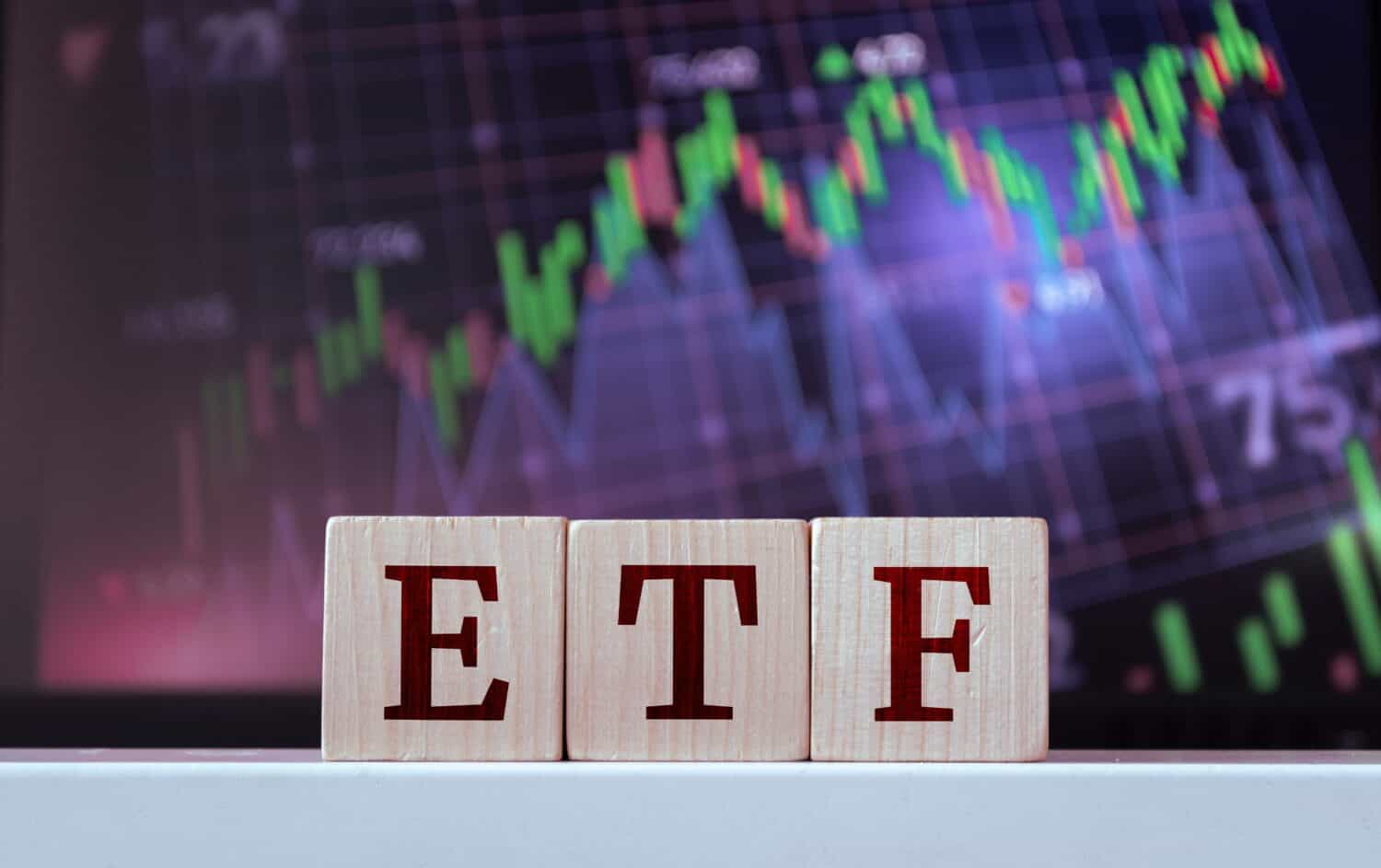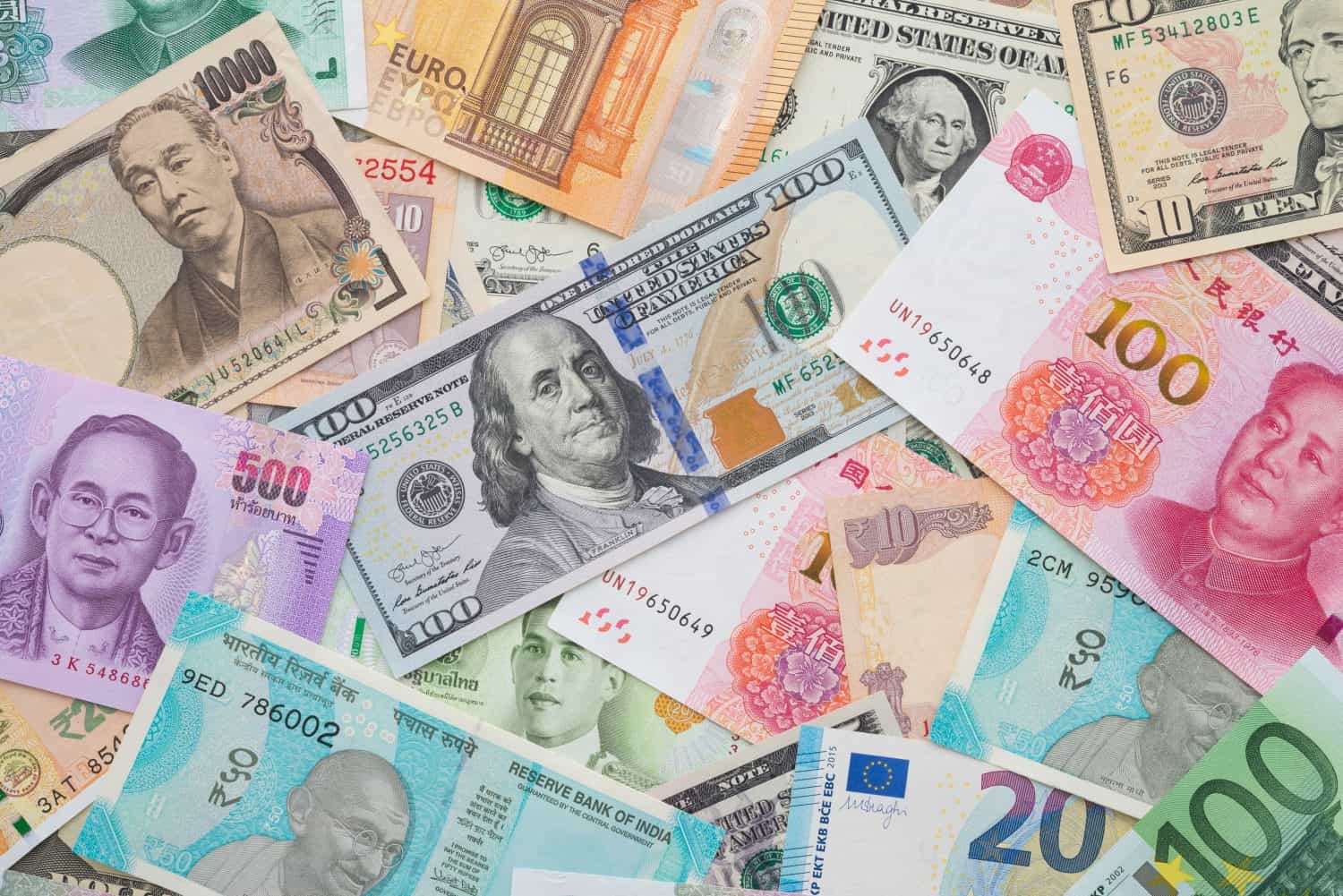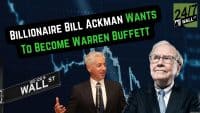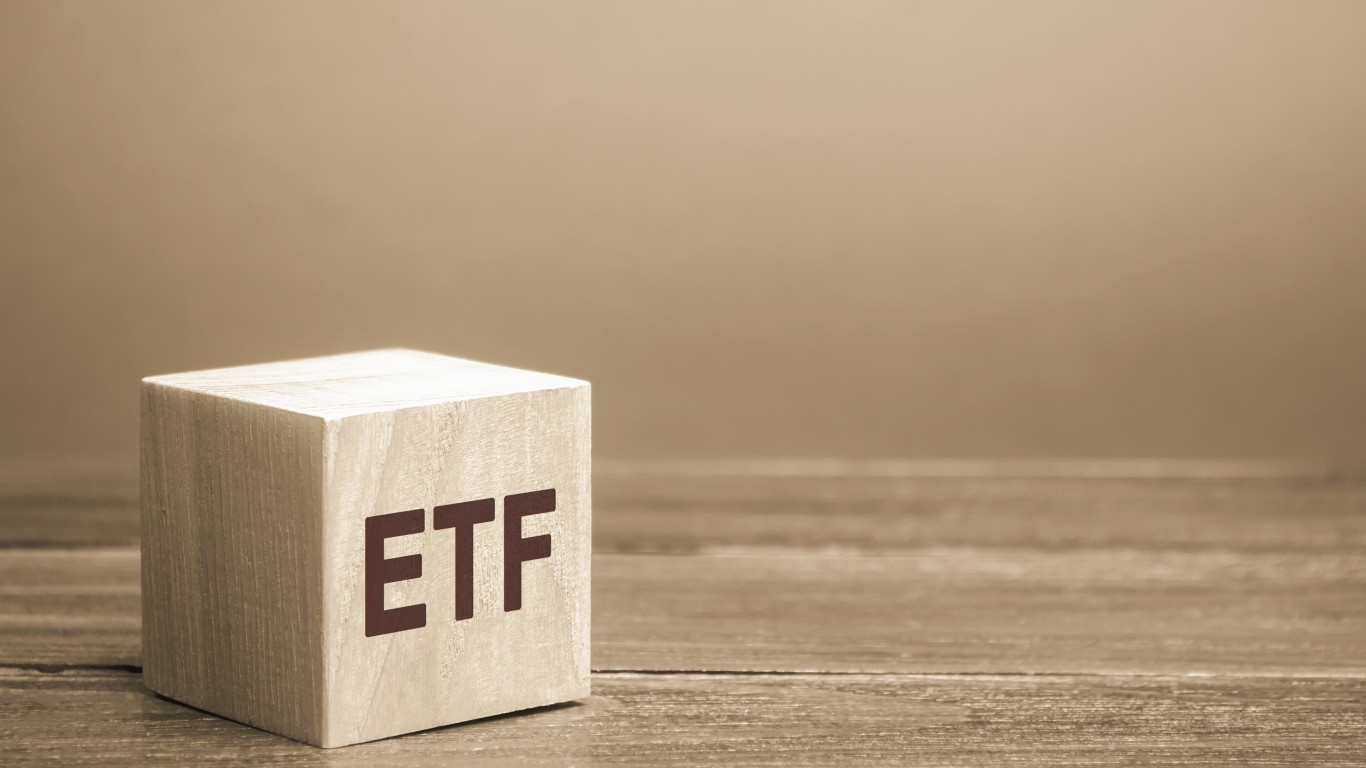
Higher-yielding exchange-traded funds (ETFs) can be a quick and simple way to give oneself a sustained passive income raise. Undoubtedly, retirees seeking more yield should be cautious if they’re looking to give themselves a raise by going after individual stocks with sky-high yields (think more than 6%).
Depending on one’s risk tolerance, one may be more than they bargained for by chasing a falling-knife of a stock with a business whose fundamentals have taken a hit in recent years. Indeed, with such swollen-yielders in a bad spot, I’d argue that they are turnaround plays first and high-yield plays second. Without a sustained turnaround, the dividend might not last for the term you intend to hold.
In any case, higher-yielding ETFs seem like a better way to go for conservative retirees who stand to take a big hit in the event of a dividend cut from individual names.
Such ETFs aren’t just well diversified across various dividend payers (and growers), but the constituents also tend to be selected for the quality of their dividends and fundamentals. So, if you’re looking for more income, the following two ETF products make sense to look into further as the year closes and rates continue trending south.
As always, it’s essential to consider the expense ratios, the ETF’s investment strategy, and, perhaps most importantly, the constituents that make up the fund.
Key Points About This Article
- There are lots of quality high-income ETFs that can also help one diversify their portfolios further.
- The VNQ and IDV are intriguing options for those seeking a portfolio diversifier that can jolt one’s passive income.
- If you’re looking for some stocks with huge potential, make sure to grab a free copy of our brand-new “The Next NVIDIA” report. It features a software stock we’re confident has 10X potential.

Vanguard Real Estate Index Fund ETF
The Vanguard Real Estate Index Fund ETF (NYSEARCA:VNQ) is a terrific low-cost fund to hold if you’re looking for yield outside of the equity markets. Undoubtedly, real estate can be a fantastic alternative asset class to generate sustained income via rent.
Over the past year, shares of the VNQ have gained considerable ground (nearly 25%) in anticipation of lower interest rates. Indeed, higher rates are like gravity for real estate investment trusts (REITs). As rates fall and the pull of such gravity is lessened, it’s the real estate top dogs that stand to gain traction.
At this juncture, the big question is how much of the Fed rate cuts are priced in. It’s tough to tell. Either way, shares are down close to 16% from their late 2021 peak. And while near-zero rates may be out of the cards this time around, I do view the 3.74%-yielding ETF as a fine buy today and on any pullbacks between now and year’s end.
The expense ratio is at a compelling 0.13%, which is to be expected for a fund that aims to passively follow the MSCI U.S. Investable Market Real Estate 25/50 Index.

iShares International Select Dividend ETF
For investors concerned about swelling U.S. stock market valuations, it may be worthwhile to expand one’s horizons to international stocks. The iShares International Select Dividend ETF (IDV) is a terrific way to go about hitting two birds with one stone. With the ETF, you’ll get a 5.84% yield while also (further) diversifying your portfolio geographically.
The fund aims to pursue high-quality companies in developed markets outside the U.S. Though the expense ratio is slightly higher at 0.49%, I do view the value proposition as worth the added expense. Indeed, it can be rather complex to diversify internationally, especially across markets you’re less familiar with.
In terms of geographical breakdown, around 25% of the ETF is comprised of U.K. shares, while between 7-11% come from Italy, Spain, Canada, and France. Also, it’s worth noting that nearly a third of the ETF is allocated to financial stocks. Indeed, financials tend to be yield-heavier. And if you’re not a fan of the banks, the IDV may not be the right option for you.
Either way, the ETF gives U.S. investors instant access to markets and stocks that they may otherwise never have considered. And for those looking to brace for a “lost decade” for stocks, I’d argue the IDV is one of the better ways to be compensated for staying invested. If the gains are bound to be modest, the dividends (and dividend growth) had better be good!
Are You Ahead, or Behind on Retirement?
If you’re one of the over 4 Million Americans set to retire this year, you may want to pay attention. Many people have worked their whole lives preparing to retire without ever knowing the answer to the most important question: am I ahead, or behind on my goals?
Don’t make the same mistake. It’s an easy question to answer. A quick conversation with a financial advisor can help you unpack your savings, spending, and goals for your money. With Zoe Financial’s free matching tool, you can connect with trusted financial advisors in minutes.
Why wait? Click here to get started today!
Thank you for reading! Have some feedback for us?
Contact the 24/7 Wall St. editorial team.





